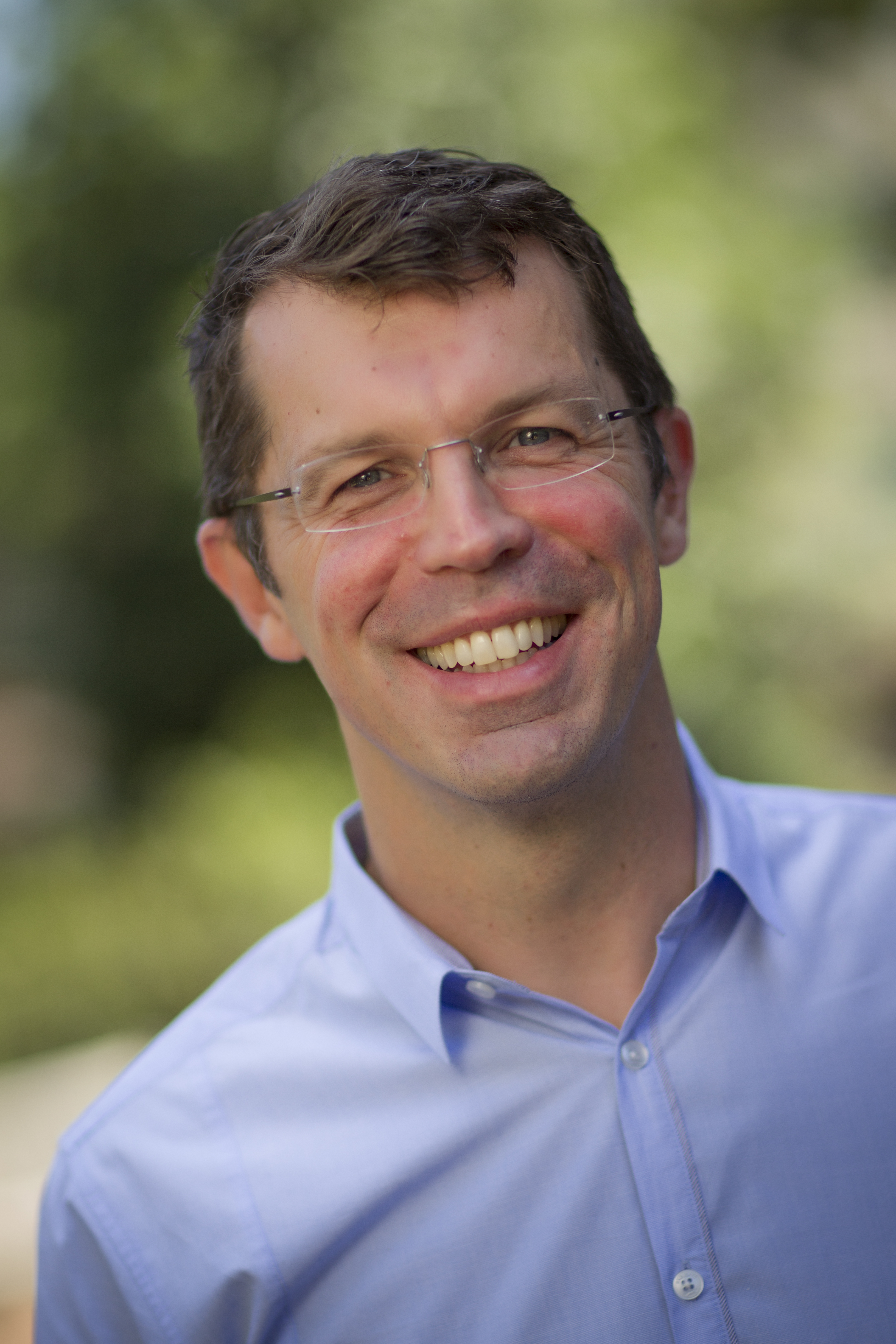Among parents who reported that they were disinclined to vaccinate, UNC Lineberger researchers found in a recent study that the most convincing messages about the HPV vaccine were those that focused on the parent’s role in preventing the child from getting HPV-related cancers and those that emphasized their role in whether their child becomes infected with HPV.


Researchers have identified which messages are most likely to motivate parents to get the human papillomavirus (HPV) vaccination for their children — even to motivate some parents who were not planning to have their children vaccinated initially.
HPV infections are responsible for nearly 30,000 new cancer diagnosis each year in the United States. Several vaccines can prevent the majority of cervical, anal, oropharyngeal and other cancers. Yet vaccination rates remain low. The Centers for Disease Control and Prevention found 42 percent of girls and 28 percent of boys 13 to 17 years of age had completed the three-vaccine series by 2015 The vaccine is recommended for girls and boys aged 11 and 12 years.
“Many studies have shown that physicians’ recommendations are central to HPV vaccine uptake, but little research has evaluated messages that physicians can use to recommend the vaccine,” said the study’s first author Teri Malo, PhD, a postdoctoral research associate at the University of North Carolina Lineberger Comprehensive Cancer Center. “Our team wanted to help support physicians by identifying specific messages that they could use to recommend HPV vaccine to adolescents and their parents.”
The findings were published in the journal Cancer Epidemiology, Biomarkers & Prevention.
As physician communication about the vaccine has been noted as crucial to its acceptance, the investigators surveyed a national sample of 776 primary care physicians as well as a sample of 1,504 parents of adolescents aged 11 to 17.
The physicians read a selection of messages — nine longer messages developed by the CDC and six brief messages developed by the study team — and indicated whether they would feel comfortable using each statement to encourage parents to get the HPV vaccine for an 11-to-12-year-old child.
The researchers also had the parents read a series of messages and reported whether each one, when delivered by a physician, would persuade them to get the HPV vaccine for their own adolescent children.
Among the parents surveyed, 65 percent said this brief message would be effective if delivered by a physician: “I strongly believe in the importance of this cancer-preventing vaccine for [child’s name].”
“Providers have a lot to talk about during medical visits,” said the study’s senior author Noel Brewer, PhD, UNC Lineberger member and associate professor of health behavior at the UNC Gillings School of Global Public Health. “Brief, memorable and persuasive statements about the HPV vaccine can improve parent-provider communication.”
“Longer statements developed by the CDC performed very well with parents,” Brewer added. “It is helpful for providers to know that the CDC is promoting high-quality and effective communication materials for them to use.”
Among parents who reported that they were disinclined to vaccinate, the most convincing messages were those that focused on the parent’s role in preventing the child from getting HPV-related cancers and those that emphasized their role in whether their child becomes infected with HPV.
About one-third of parents who said they definitely would not get their child vaccinated, and 75 percent of parents who probably would not get their child vaccinated, endorsed at least one message.
“An important finding of this study was that some parents who initially expressed that they did not intend to vaccinate their children against HPV wound up reporting that at least one of the messages would motivate them to agree to vaccination,” Malo said. “This finding really highlights the important role that parent-provider communication can play in increasing HPV vaccination, and thereby protecting our nation’s adolescents from cancer.”
Parental endorsement of the messages did not vary significantly by race/ethnicity, education level or the age/sex of their children, suggesting that the same highly ranked messages can be used across demographic subgroups.
Ultimately, the findings support physicians’ use of specific messages to help motivate parents to consider the HPV vaccine.
Malo works with Brewer in the UNC Gillings School of Global Public Health Department of Health Behavior.
The full findings from the study are available in an article titled, “Messages to Motivate Human Papillomavirus Vaccination: National Studies of Parents and Physicians,” published online by the journal Cancer, Epidemiology, Biomarkers & Prevention.
In addition to Malo and Brewer, other study authors include: Melissa B. Gilkey, Megan E. Hall, and Parth D. Shah.
The study was supported by an unrestricted educational grant from Pfizer to Brewer. Other individual researchers were supported by the UNC Lineberger Cancer Control Education Program and the National Cancer Institute.
